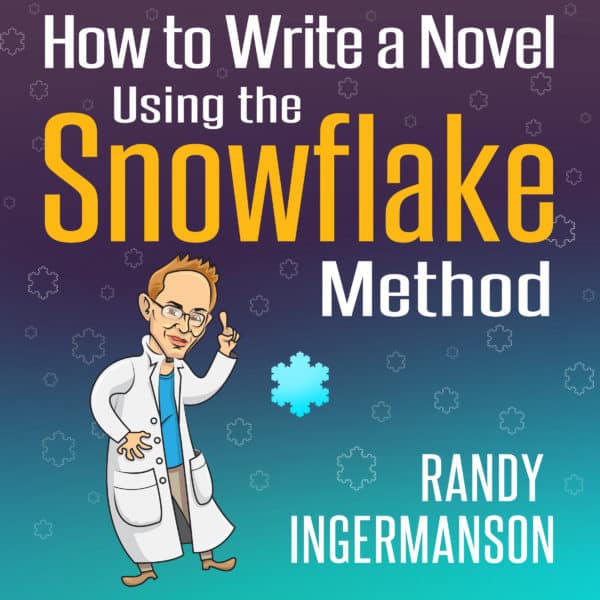How do you reach your goals in fiction writing as fast as possible? Is there a shortcut that will get you there quicker? What’s the secret to finding the road to glory for novelists?
This is the time of year when people make those dreaded New Year’s resolutions. Some of them stick, but we all know that most of them don’t. Why?
The problem is that we all want a quick success. We all want a five-day rush to glory.
I want that. You want that. We all want that. It’s not a crime.
It’s just a mistake.
There is a road to glory, but it’s not a five-day trip. It’s not a five-week trip either, and generally not a five-month trip.
But a five-year road to glory is quite possible. If you make a five-year plan right now, and if it’s the right five-year plan for you, then in five years, you will be amazing.
So if you’re going to make a New Year’s resolution, think long-term, not short.
The Five-Year Road to Glory
You should be asking now how anyone could possibly sprint for five years.
Short answer: you can’t.
The road to glory is not a sprint, it’s a marathon.
And the road to glory is not paved with good intentions. That would be the road to hell.
The road to glory is paved with good habits. A set of things you do every day, every day, every day for the rest of your life.
And it’s easy to make the mistake of trying to set up all those good habits right now, when the good feelings from New Year’s Eve are still with us. Just set up fifty excellent habits that will put you on the road to glory.
But that’s not going to happen. It’s hard work to build a habit. Extremely hard work. It takes about three weeks of doing the same thing every day before that habit sticks. You can’t possibly build fifty habits all at the same time.
I blogged a couple of weeks ago about creating a habit of writing every day. That’s a great habit to have. It’s one of many you’ll need on the road to glory.
And what are the others? What is the list of habits you need in order to ride the road to glory?
I wish I could give you a simple list, but that would be simple-minded.
Every writer is different. Your list is not my list and my list is not yours.
But here’s the thing. You don’t have to know the whole list right now.
All you need to know is the next one on the list.
One at a Time
Start with the writing-every-day habit that I blogged about just lately. If you didn’t start that habit two weeks ago, read that blog post and start now. Do it for a solid month.
And during that month, be thinking about what the next habit should be. Maybe it’ll be daily exercise. Or a daily reading plan. Or daily flossing. Or daily something else. It could be anything that will make you a better, stronger, smarter, more productive, more amazing writer. You have a whole month to figure out that next habit. Pick a dynamite one.
When next month rolls around, start that new habit. Maintain the old one, but start the new one. And remember, keep it ridiculously easy for the first three weeks. After that, you can ramp it up if you need to. Building a habit is hard, so make the actions of the habit as easy as you can when you’re starting out. Eventually, those actions may get quite demanding, but by then, the habit will be in your blood and in your bones.
A Habit of the Month
One new habit, every month, for the next five years.
Call it the Habit of the Month club.
That’s my prescription for the road to glory. It’s the slow road, yes, but it’s the one most likely to get you there.
If you choose your habits well, build them carefully, and maintain them conscientiously, in five years, you are going to astonish yourself by what you’ve achieved.
My habit this month is to get up every morning at 6:30 AM. I have particular trouble getting out of bed in the morning. It’s not about the earliness of the hour. It’s just as hard to roll out at 6:30 as it is to roll out at 9:00. Once I actually roll out, I don’t have any trouble getting moving. But it’s that three seconds of putting feet on the cold floor and sliding out from under the warm covers. That’s hard. The best solution seems to be to do it fast, like ripping off a Band-Aid. Sure it’s awful, but do it fast and get it done. So that’s my Habit of the Month, this month.
I’m on Day 3. In a month, I hope to be solid on this, so I can move on to something more fun.
That’s my plan.
What’s yours?
